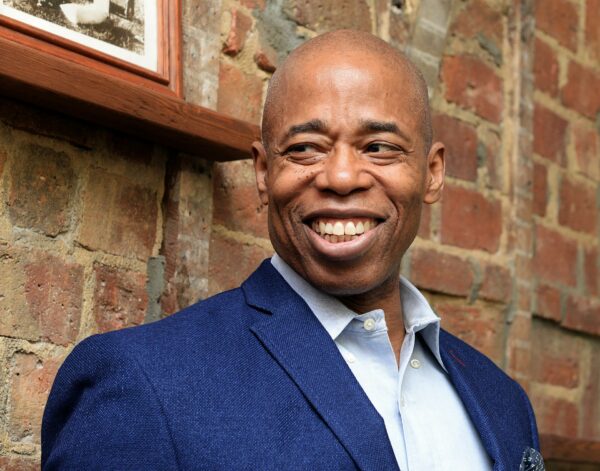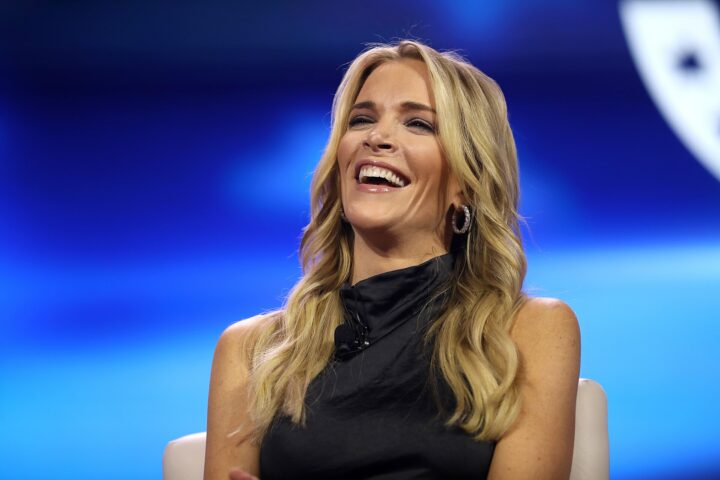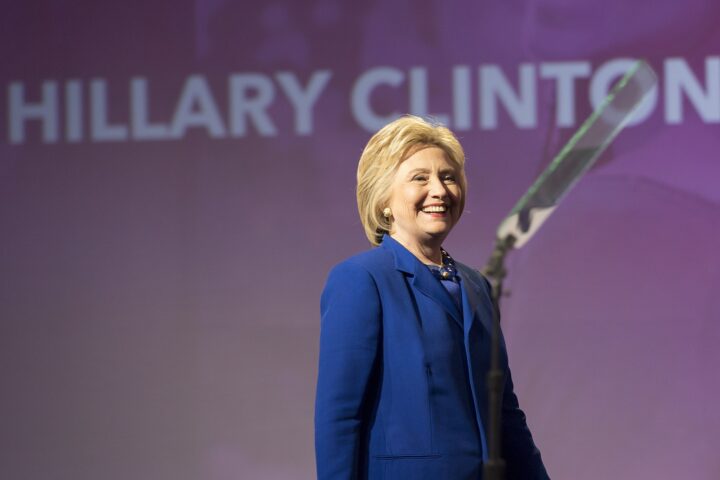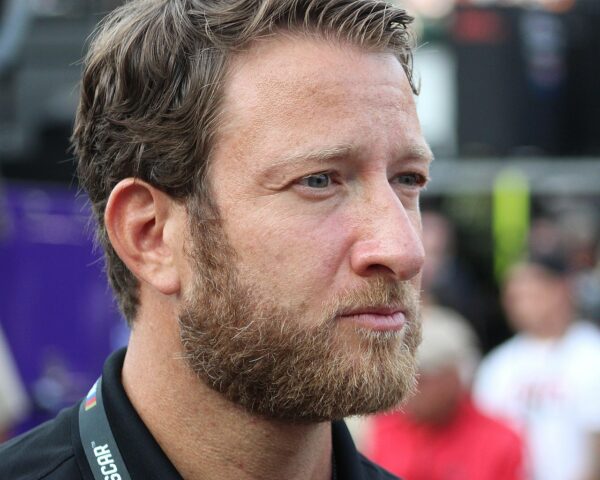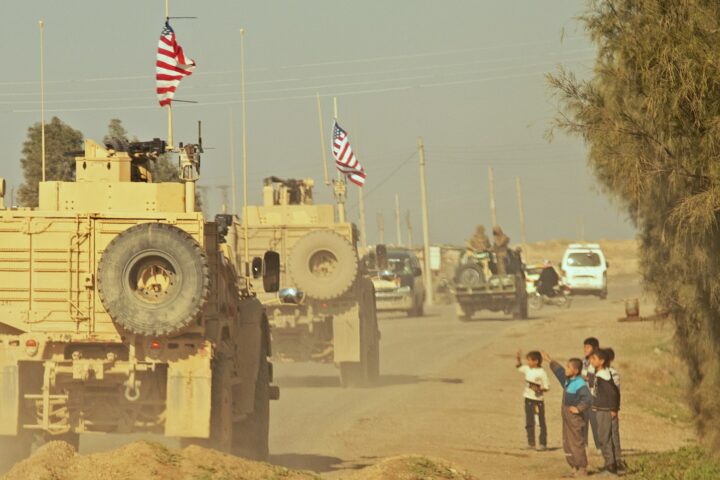New York City Mayor Eric Adams amplified concerns among Jewish residents on Sunday, cautioning that “everything is not fine” for the city’s Jewish community, even as Mayor-elect Zohran Mamdani prepares to assume office.
Speaking at an event in Tel Aviv hosted by the Combat Antisemitism Movement, Adams addressed global antisemitism and its local implications, underscoring the seriousness of the threats facing Jewish New Yorkers.
“I think this is a period where they need to be very conscious that there’s a level of global hostility towards the Jewish community. If I were a Jewish New Yorker, I’d be concerned about my children,” Adams said. “There is something to be worried about.” Later in the discussion, he added, “The [Jewish] community must prepare itself.”
Adams’ comments come amid an uptick in antisemitic activity nationwide. The Anti-Defamation League reports a 227 percent increase in antisemitic incidents in the United States from 2021 to 2023, with New York City recording nearly 1,000 incidents in 2024, including harassment, vandalism, and physical violence. The city remains home to the largest Jewish population outside Israel, making these trends particularly consequential.
Mamdani’s office responded to Adams’ warnings with reassurance. Spokeswoman Dora Pekec told The New York Times, “Zohran Mamdani was proud to earn the support of hundreds of thousands of Jewish New Yorkers and looks forward to both protecting and celebrating all Jewish New Yorkers as the next mayor of this city.” The incoming mayor has repeatedly pledged to safeguard Jewish residents, emphasizing the importance of municipal vigilance against antisemitism.
The debate over antisemitism has been a recurring theme in New York politics, particularly during the mayoral campaign. Critics have seized on Mamdani’s past hesitation to condemn the phrase “globalize the intifada,” although he later clarified his opposition to antisemitism and denounced the phrase explicitly. Adams, who withdrew from the race in September, referenced the controversy in October, stating, “[W]e will never surrender our city to hate, or to those who want to say they want to globalize the intifada, or to choose and believe and not refuse to condemn it, because it is literally a phrase that means death to Jews all over the world.”
In his victory speech in November, Mamdani addressed Jewish New Yorkers directly, affirming, “We will build a City Hall that stands steadfast alongside Jewish New Yorkers and does not waver in the fight against the scourge of antisemitism.” His message sought to reassure residents that despite concerns raised during the campaign, he intends to govern with vigilance toward antisemitic threats.
Adams’ choice to make his final international trip a visit to Israel, and his remarks in Tel Aviv, reflect his continued focus on the safety and security of Jewish communities both locally and globally. While the timing of his warnings may raise anxieties, they also underscore the persistent challenges facing the city. With Mamdani set to take office, the response of city leadership to rising antisemitic activity will remain a closely watched indicator of public safety and municipal priorities in the nation’s largest city.
The combination of global hostility and rising local incidents suggests that both outgoing and incoming officials face the pressing task of ensuring the safety of Jewish New Yorkers while navigating a politically charged transition.

